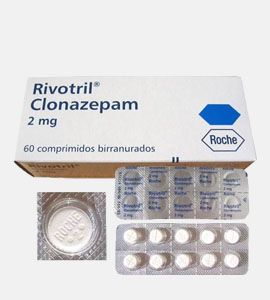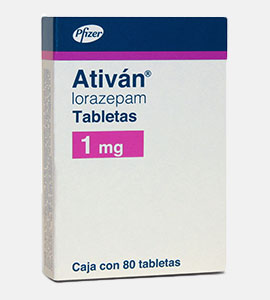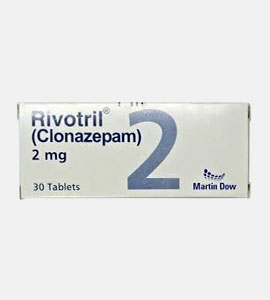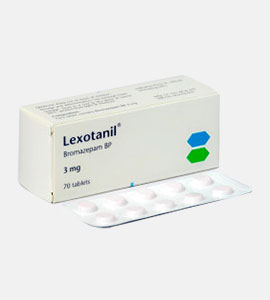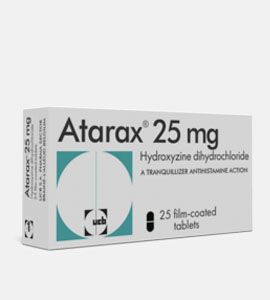Klonopin is useful alone or as an adjunct in the treatment of the Lennox-Gastaut syndrome (petit mal variant), akinetic, and myoclonic seizures. In patients with absence seizures (petit mal) who have failed to respond to succinimides, Klonopin may be useful.
SIDE EFFECTS
The adverse experiences for Klonopin are provided separately for patients with seizure disorders and panic disorder.
Seizure Disorders
The most frequently occurring side effects of Klonopin are referable to CNS depression. Experience in treatment of seizures has shown that drowsiness has occurred in approximately 50% of patients and ataxia in approximately 30%. In some cases, these may diminish with time; behaviour problems have been noted in approximately 25% of patients. Others, listed by system, including those identified during postapproval use of Klonopin are:
• Cardiovascular: Palpitations
• Dermatologic: Hair loss, hirsutism, skin rash, ankle and facial oedema
• Gastrointestinal: Anorexia, coated tongue, constipation, diarrhoea, dry mouth, encopresis, gastritis, increased appetite, nausea, sore gums
• Genitourinary: Dysuria, enuresis, nocturia, urinary retention
• Hematopoietic: Anemia, leukopenia, thrombocytopenia, eosinophilia
• Hepatic: Hepatomegaly, transient elevations of serum transaminases and alkaline phosphatase
• Musculoskeletal: Muscle weakness, pains
• Miscellaneous: Dehydration, general deterioration, fever, lymphadenopathy, weight loss or gain
• Neurologic: Abnormal eye movements, aphonia, choreiform movements, coma, diplopia dysarthria, dysdiadochokinesis, ‘‘glassy-eyed’’ appearance, headache, hemiparesis, hypotonia, nystagmus, respiratory depression, slurred speech, tremor, vertigo
• Psychiatric: Confusion, depression, amnesia, hysteria, increased libido, insomnia, psychosis (the behaviour effects are more likely to occur in patients with a history of psychiatric disturbances).
• The following paradoxical reactions have been observed: irritability, aggression, agitation, nervousness, hostility, anxiety, sleep disturbances, nightmares, abnormal dreams, hallucinations.
• Respiratory: Chest congestion, rhinorrhea, shortness of breath, hypersecretion in upper respiratory passages
Panic Disorder
Adverse events during exposure to Klonopin were obtained by spontaneous report and recorded by clinical investigators using the terminology of their own choosing. Consequently, it is not possible to provide a meaningful estimate of the proportion of individuals experiencing adverse events without first grouping similar types of events into a smaller number of standardized event categories. In the tables and tabulations that follow, CIGY dictionary terminology has been used to classify reported adverse events, except in certain cases in which redundant terms were collapsed into more meaningful terms, as noted below.
The stated frequencies of adverse events represent the proportion of individuals who experienced, at least once, a treatment-emergent adverse event of the type listed. An event was considered treatment-emergent if it occurred for the first time or worsened while receiving therapy following baseline evaluation.
• Adverse Findings Observed In Short-Term, Placebo-Controlled Trials
• Adverse Events Associated With Discontinuation Of Treatment
• Overall, the incidence of discontinuation due to adverse events was 17% in Klonopin compared to 9% for placebo in the combined data of two 6- to 9-week trials.
